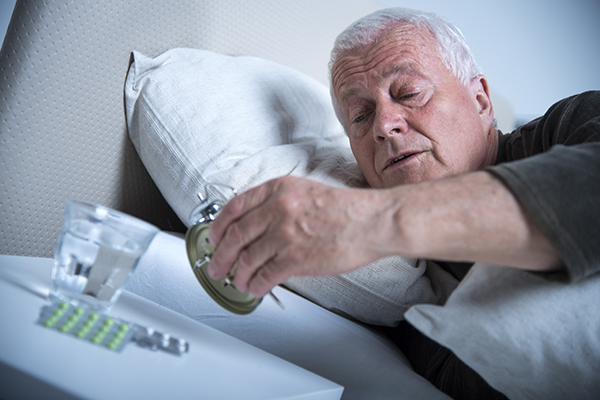Ways to Overcome the Challenges of Medical Tests for Older Adults
There’s often nothing “routine” about a routine checkup. You may arrive to your appointment perfectly fine, but leave with orders for blood work and other medical tests the doctor recommends to keep you as healthy as possible. These tests may be nothing more than a minor inconvenience for you, but for older adults, they can…









